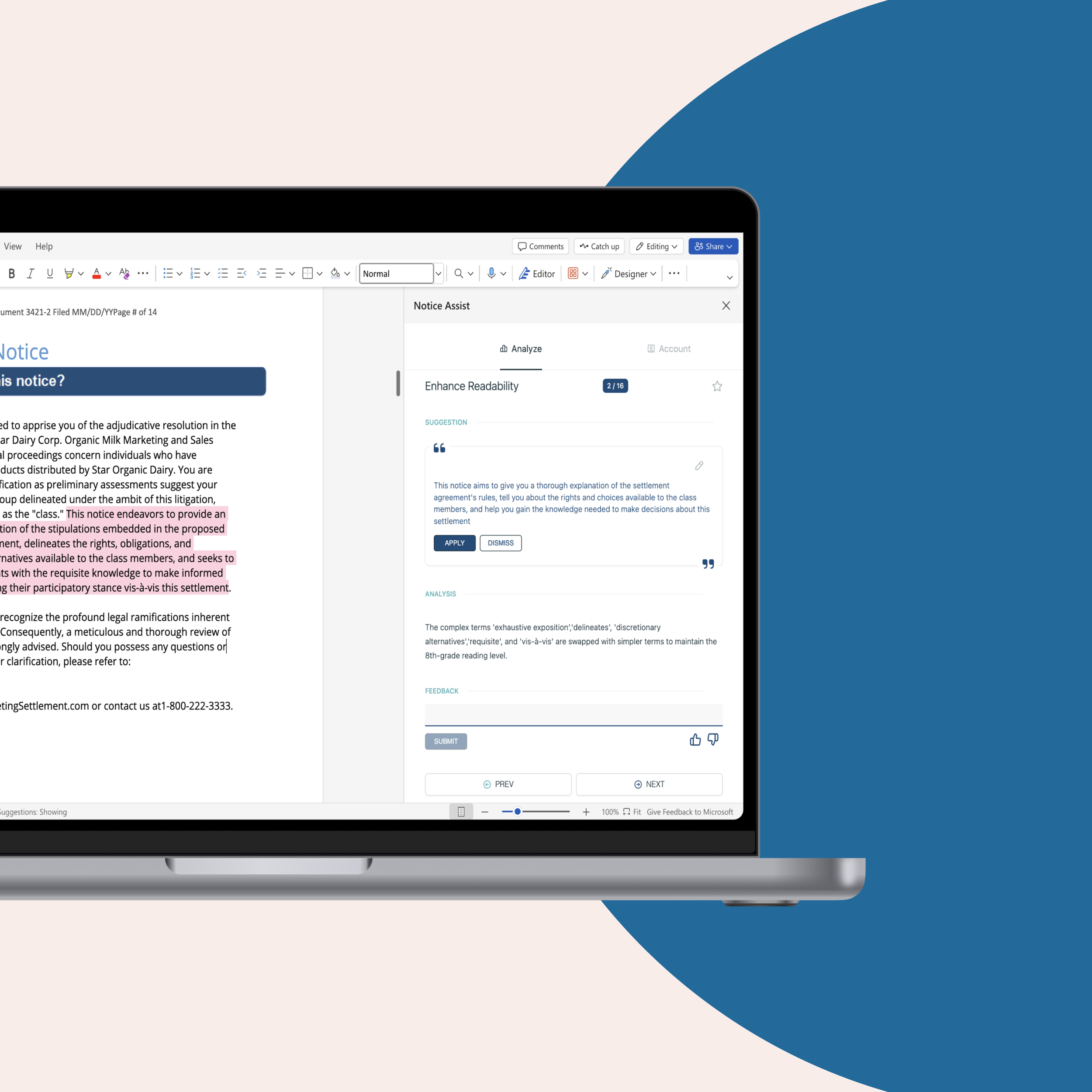SCOTUS OKs Statistical Evidence in Tyson v. Bouaphakeo Decision
Jocelyn D. Larkin
Today, the US Supreme Court issued its long-anticipated decision in Tyson Foods Inc. v. Bouaphakeo et al, and it is very good for plaintiffs. The court finds that representative or statistical proof is just like other evidence: “Whether a representative sample may be used to establish classwide liability will depend on the purpose for which the sample is being introduced and on the underlying cause of action.”
The specifics of the case are that workers alleged that Tyson – a $38 billion company – failed to pay proper wages for certain pre- and post-shift activities, including putting on and taking off protective equipment and carrying items to the production floor. The decision affirms that Tyson was liable through individual timesheets kept by the company, as well as expert testimony regarding the time it took to complete the tasks in question.
The decision puts the nail in the coffin of two favorite defense bar mantras: 1) no Trial by Formula (Wal-Mart); and 2) common methodology for proving damages required at class cert (Comcast).
The Court unanimously declined to consider the second issue on which certiorari was granted – whether a class can be certified that includes uninjured class members – after the petitioner abandoned its position in its merits briefing. While the majority and the dissent both suggest that the question will be addressed in the future, they frame the question differently.
The majority posits that the question is “whether uninjured class members may recover” while the dissent says the issue is “whether a class action can be maintained if a class contained uninjured members.” This is significant because “culling out” uninjured class members at or after trial is far different than making an inappropriate merits determination at the class certification stage.
This is the second class action decision this term where Justice Kennedy has joined the liberals in a narrow but plaintiff favorable ruling. (Campbell-Ewald was the other.)











